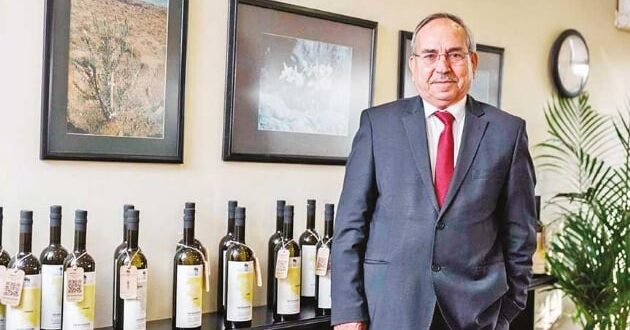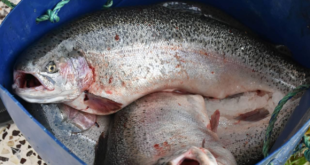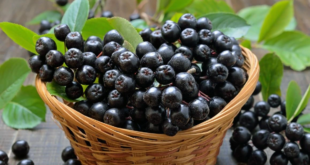Hilmi Sürek, Chairperson of Tariş Olive and Olive Oil Agricultural Sales Cooperatives Union, stated that by showing the uncertainty and increasing oil prices created by the pandemic process as a reason, the export of bulk and barreled olive oil has been banned and also said that this ban would victimize millions of people.

Pointing out that about 400 thousand producer families exist in the olive business in Turkey and the decision taken all of a sudden in the middle of the season and without taking the opinion of the sector too, will put large masses in trouble, Sürek said, “There are enough crops to meet both domestic consumption and exports in the 2020-2021 production season.”
“We have no oil deficit”
Indicating that 2020-2021 harvest season in Turkey is 173 thousand tonnes, Sürek noted, “There are approximately 20 thousand tonnes of export registered olive oil coming from Syria and 43 thousand tonnes of stocks transferred from the previous year. In addition to that about 10 thousand tonnes of olive oil to be obtained from the refining olives, the total oil supply of this season will be around 246 thousand tonnes. Considering that a total of 140 thousand tonnes of domestic consumption and 50 thousand tonnes of export will be made for this year, so there is no oil deficit. There is sufficient product supply and it is possible to foresee that at least 56 thousand tonnes of olive oil will be transferred to the 2021-2022 season.”

Emphasizing that the crop, which cannot be evaluated as an export and remains in the domestic market, Sürek added, “It will put pressure on producer prices throughout the season, the remaining product will lose value and its commercial value will decrease too. In addition, the presence of excess stock in the country at the beginning of the 2021-2022 season will create a disruptive effect on the market and cause great damage to the producer.”
Underlining that while there are farmers who have not completed their harvest and have not delivered their products in these days, Sürek concluded, “This decision taken in the middle of the season will have speculative consequences against the producers. Furthermore supply-demand and price balance in the crop will be disrupted. Due to stocks that will turn into excess supply, the price relationship between world prices and the domestic market will be broken and producer prices will decrease. At the end of all this, the producer, who is in a difficult situation due to high input costs, will suffer a serious loss of income.”
 THE GLOBAL WINDOW OF TURKISH FOOD AND AGRICULTURE The Global Window of Turkish Food and Agriculture Sector
THE GLOBAL WINDOW OF TURKISH FOOD AND AGRICULTURE The Global Window of Turkish Food and Agriculture Sector









